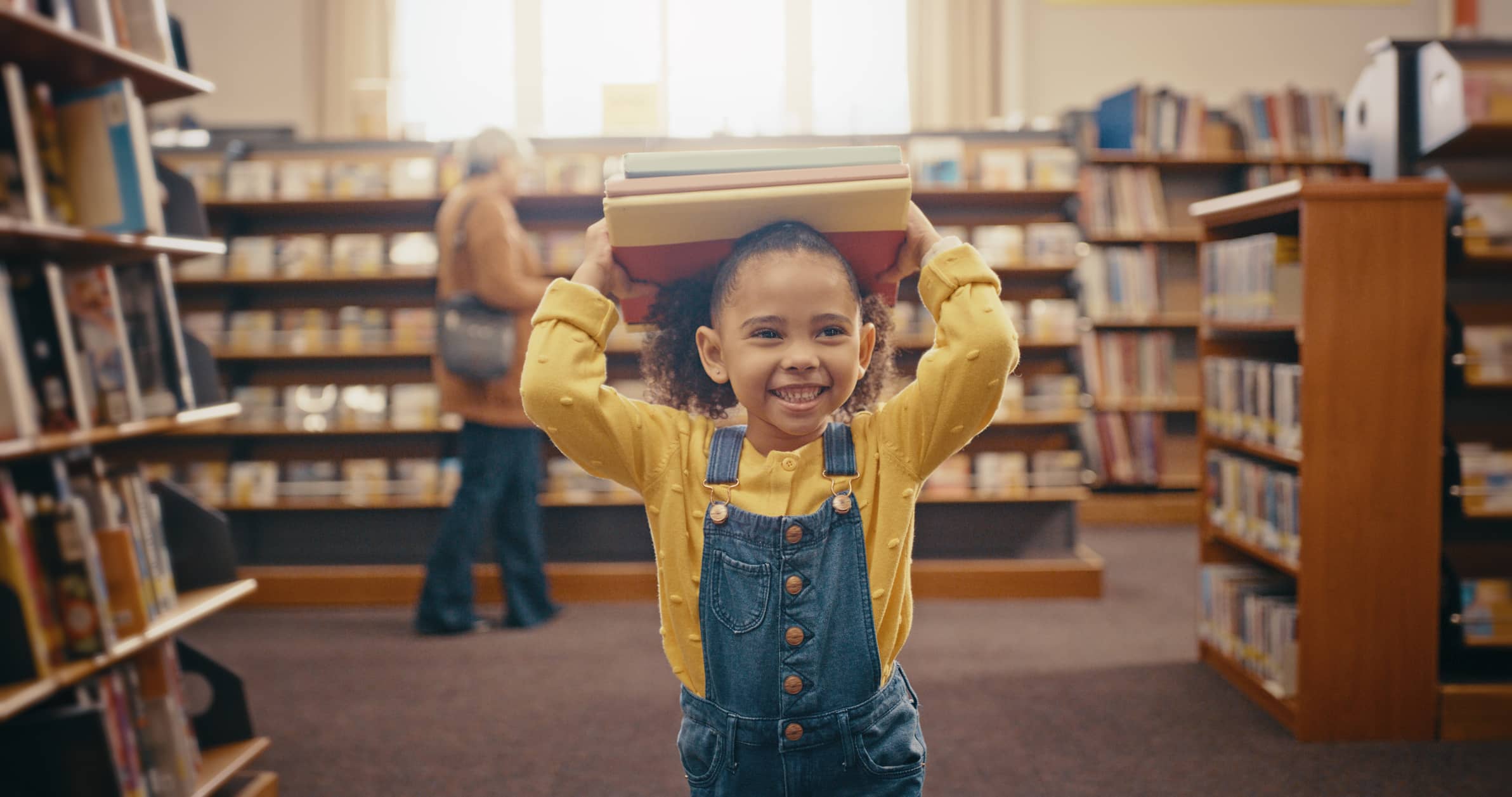
While your kids deserve a reward for their hard work during the school year, they’ll be better set up for success if you continue their learning over the break. Keeping their minds active will help them retain information and make the next school year a breeze!
1. Set Small Learning Goals
There’s no need to bombard your kids with educational content 24/7 this summer. It’s good to have a mix of fun and learning. It’s easy to get caught up in wanting your kids to have good grades and do well in school. However, your kids spending time outside and with their friends is just as important as learning!
Try setting small learning goals for your kid. This could be devoting an hour a day to reading or completing a certain amount of math problems. This can also be something more general like being comfortable with multiplication by the end of summer. This will help with the balance of fun activities and learning, and also help your kids stay on a schedule during these months away from school.
2. Budget Friendly Learning Tools
You don’t have to go out and buy expensive educational materials for your kids to stay on top of their education. There are plenty of budget friendly learning tools out there:
- Watch educational videos on a variety of subjects
- Use free apps to explore basic language skills
- Explore interactive learning platforms designed for young children
- Find fun, educational websites focused on science and space
- Look for nature and wildlife resources made just for kids
3. Incorporate Financial Literacy
Summer is the perfect time to teach your child about money. You have a great opportunity to introduce them to topics they might not learn in school. Assigning them a chore chart and giving them a set allowance can help. Hold regular meetings to discuss their financial goals. For example, if they really want to buy a new toy, help them set aside money each week to purchase it by the end of the summer. Teach them the importance of saving by encouraging them to put a little money aside each week for emergencies — they’ll thank you when they’re older.
4. Make Everyday Moments Educational
You can find teaching moments in everyday activities. Learning doesn’t have to mean reading a book or watching an educational video. There are quick and easy ways to incorporate learning into your busy lifestyle. Some ideas are:
- Make a cake together and teach them about measuring cups and fractions
- Have them create a budget and shop for groceries
- Ask them to read cooking directions aloud to improve their reading and public speaking skills
- Plant a garden together and teach them about the life cycle
- During car rides, have them read street signs and billboards out loud
- Ask them how things work and let them pretend to be the teacher
- Have them organize their toys by color and/or shape
- Ask them to handwrite thank-you letters after a playdate
- Teach them how to sort the trash and explain the importance of recycling for the environment
Using these tips helps create a routine so your child can get used to learning on their own. It might take some time to get back into the habit after being away from school—and that’s okay! Be patient and take small steps to get back on track.